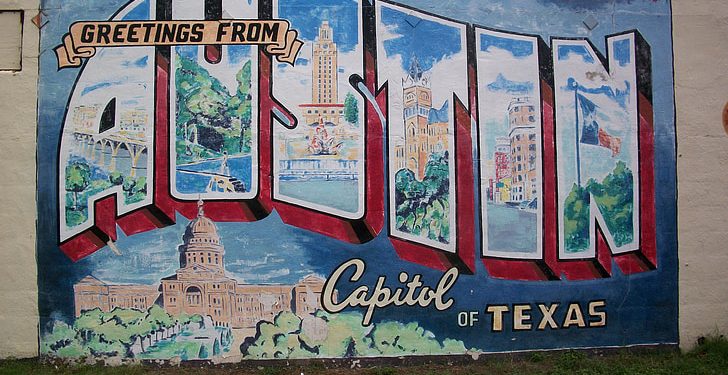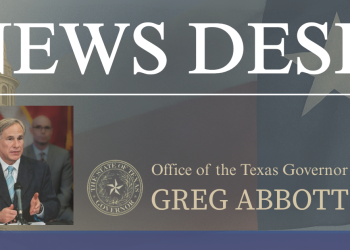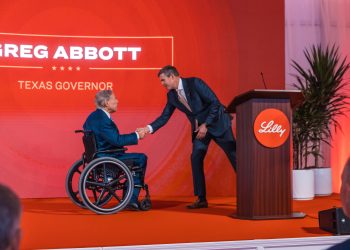On April 24, 2024, in Austin, a city once hailed as the next big tech frontier, a significant turn of events unfolded. Back in the seemingly idyllic days of 2020, amidst a backdrop of the enduring rivalry between Texas and California, a migration of technologists from the Golden State to the Lone Star State began.
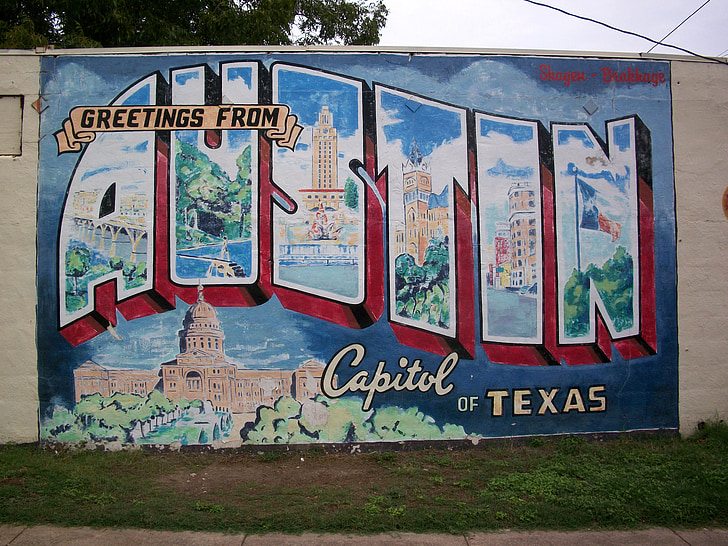
This shift garnered attention, with pundits pondering if Austin was indeed “the future,” while Governor Greg Abbott proudly touted Texas as the ultimate destination for business and opportunity.
At the forefront of Austin’s tech surge were two notable events:
Oracle’s relocation of its headquarters to Austin and Elon Musk’s ambitious plans for a Cybertruck factory nearby. These developments were celebrated as symbols of the thriving “Texas Miracle,” with state officials championing Austin as the pinnacle for tech giants.
However, recent developments have thrown a curveball into this narrative. Oracle announced its headquarters move to Nashville, citing the allure of the city’s healthcare industry and substantial tax incentives. Meanwhile, Tesla, Austin’s largest private employer, disclosed layoffs following disappointing earnings, partly attributed to quality issues with the Cybertruck. This setback tarnished the vision of Austin as an auto manufacturing hub, with the factory’s environmental exemptions adding to the woes.
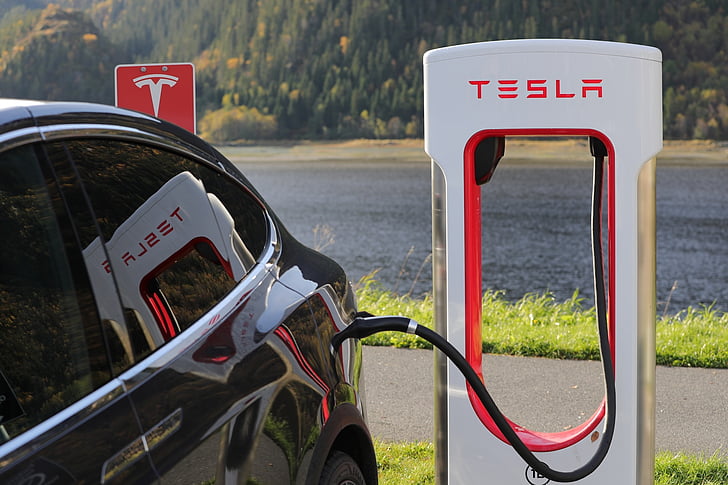
Beyond the financial setbacks, these events mark a cultural shift. The once-red-hot allure of Austin has cooled, signaling a departure from the fervor of 2020. As tech evangelists envisioned Texas as a new frontier for freedom, the reality post-pandemic favored the status quo. Austin’s bid to rival Silicon Valley now faces uncertainty, as startups depart due to escalating living costs, limited funding, and diversity concerns.
In a recent development on December 7th, cloud computing company VMWare added to the job market strain by announcing layoffs in Austin as part of a broader nationwide cost-cutting measure.
Texas has long been synonymous with oil booms, but in recent years, it’s gained traction as a tech haven, particularly in Austin. However, signs indicate that the Lone Star State’s ambition to challenge California’s tech dominance might be facing obstacles.

Despite initial allure, some have soured on Austin. Harsh summers, lackluster startup scene, and funding challenges contribute to this shift.
Additionally, housing costs surged then dipped, mirroring a fluctuating market. Venture funding declined significantly, reflecting broader economic concerns.
Moreover, notable entities are relocating. Unicorn Cart moved back to Houston, citing talent pool and cost advantages.
Laundris CEO opted for Tulsa, drawn by its burgeoning tech ecosystem reminiscent of Austin’s earlier days. Founder Joah Spearman’s departure underscores concerns about affordability, monoculture, and state funding instability, particularly impacting marginalized communities.
While some newcomers still arrive, sentiments vary. Eric Engineer notes sporadic arrivals, mainly younger demographics. However, concerns persist.
Techstars’ decision aligns with a broader trend. Earlier this year, the closure of accelerator Newchip amid bankruptcy underscored challenges facing Austin’s startup ecosystem.

